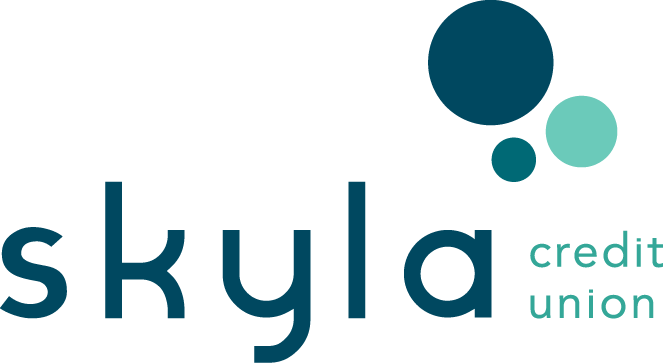What Is a Conventional Mortgage?
.png)
You can look at conventional mortgages as normal (or regular) loans. These loans are mortgages that aren't insured or guaranteed by the government. This means that if you can't make your mortgage payments, you won't be able to get help from the government as you could with a Federal Housing Administration (FHA) loan.
Instead of the government backing them, conventional loans are backed by private agencies, Fannie Mae and Freddie Mac Created by U.S. Congress to provide liquidity stability and affordability to the mortgage market, banks, savings, and loans, and mortgage companies to make loans to finance housing. .
These agencies buy mortgages from lenders and sell them to investors. This helps to ensure that lenders will continue to offer these loans, as they know that there is a market for them. You can get a conventional loan from financial institutions like banks and credit unions
In your search for mortgages, you might come across the term, conforming loans. Conforming and conventional in many parts are the same simply due to an overlap between them, but there are a few key differences.
With a conventional loan, the borrower must meet a certain set of requirements like credit score, DTI, or down payment. Conforming loans also need to meet those requirements, but there are additional limits in place like the size or the amount of the loan. It's important to understand that all conforming loans are conventional, but not all conventional loans are conforming loans.
FOR EXAMPLE... A jumbo loan is a good example of a conventional loan and not a conforming loan because it exceeds its limits. A jumbo loan exceeds the guidelines and limits within Fannie Mae and Freddie Mac. Learn more about jumbo loans here > |
Pros
- Conventional mortgage loans are great if you have a good or excellent credit score (620+). If you have a lower credit score, you may still be able to get a conventional mortgage loan, but you may have to pay a higher interest rate.
- You're not required to pay Private Mortgage Insurance if you make a 20% down payment. You're also not required to make the property your primary residence.
- You can use a conventional loan to purchase investment properties. So, you could rent the location and live elsewhere as your primary location if you wanted to.
Cons
- This loan is not insured by the government so there are stricter eligibility requirements.
- Your debt-to-income (DTI) ratio may be too high.
- You may not be eligible if your credit score is below 620.
- Depending on the lender, you may have to pay Private Mortgage Insurance (PMI) if you put less than 20% as a down payment.
- Conventional loans are stricter to obtain since you need a good credit score to guarantee your chances of approval and a favorably low credit score.
The mortgage is ideal for: Conventional mortgage loans are best for borrowers with a great credit history where they can receive a mortgage with great terms.
As Content Strategist behind the Learning & Guidance Center, Yanna loves showing just how doable finance can be. Whether it’s simple tips, step-by-step guides, or comparison charts, she’s passionate about helping readers take charge and reach financial freedom with confidence
more resources for your home buying journey
How Do I Choose the Best Mortgage Product for Me?
Unsure of which mortgage product is best for you? Here's a breakdown of each type of mortgage, so you can make the best decision for your unique situation.
6 min. read
How Long Does It Take To Get Approved for a Mortgage?
Seeking a mortgage but aren't sure how long the process really takes to be approved for the loan? Here's what to know to help speed the process up.
11 min. read



